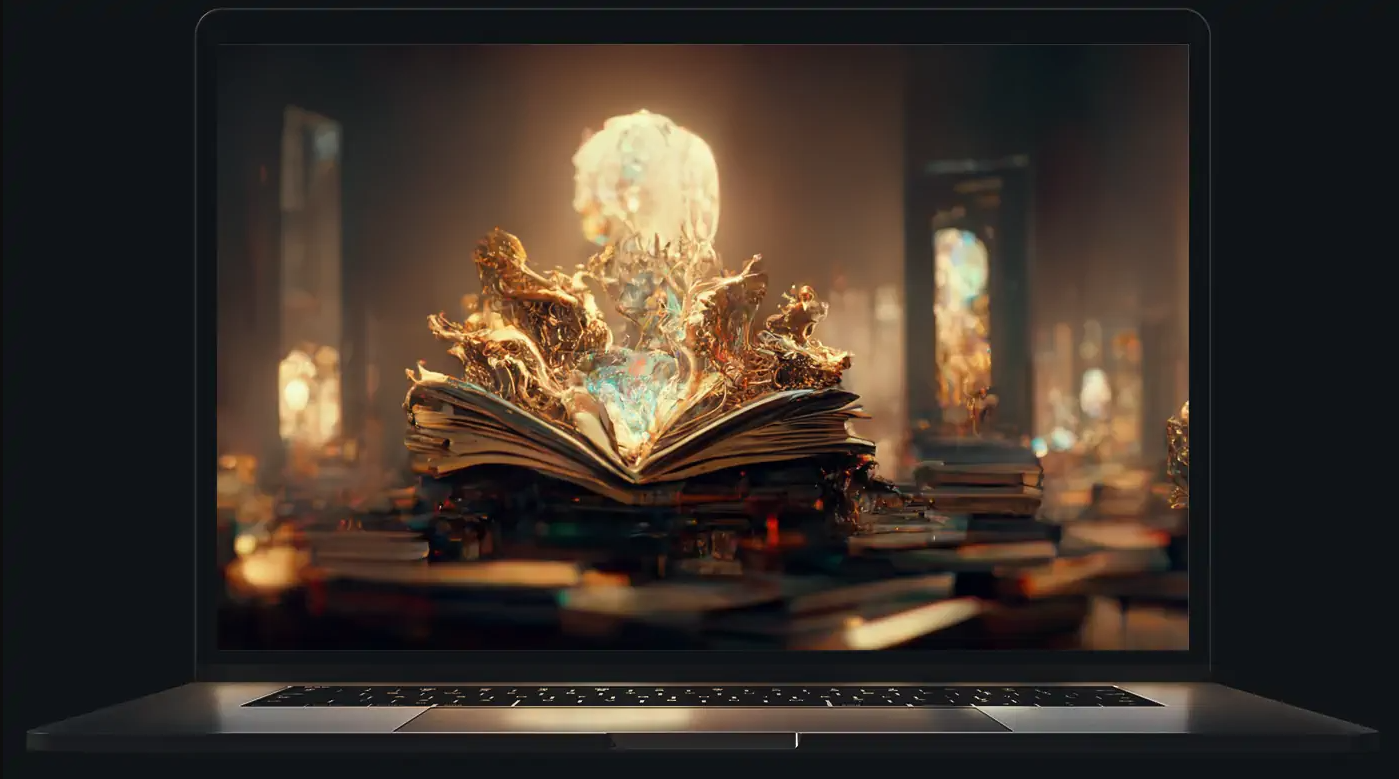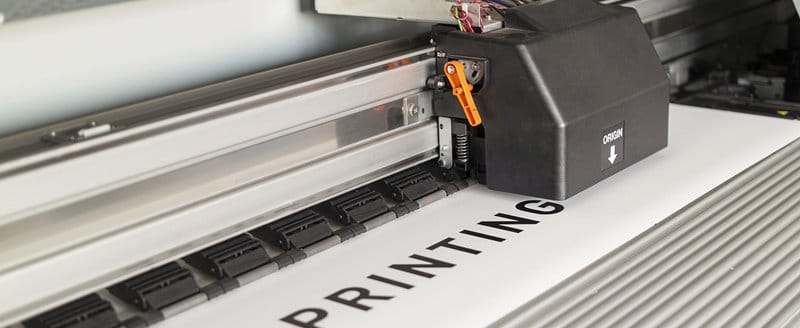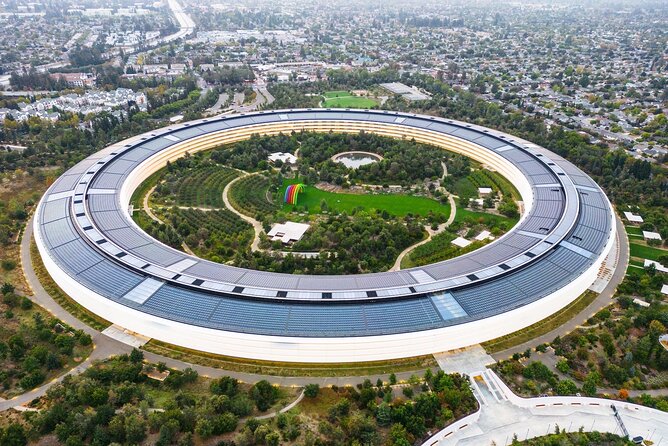In today's rapidly evolving landscape, artificial intelligence (AI) stands as a transformative force, reshaping industries, societies, and the very fabric of our existence. As outlined in the illuminating article, "How Artificial Intelligence is Transforming the World" from Brookings, it's evident that AI is not just a technological innovation—it's a paradigm shift that is revolutionizing every aspect of human endeavor.
From healthcare to finance, AI is permeating every corner of our lives, driving efficiency, innovation, and unprecedented levels of productivity. The article highlights how AI-powered algorithms are revolutionizing medical diagnosis, enabling early detection of diseases and personalized treatment plans that were once unimaginable.
In the realm of business and finance, AI's impact is equally profound. Machine learning algorithms are unlocking new insights from vast datasets, empowering companies to make data-driven decisions with unparalleled accuracy and speed. From predicting market trends to optimizing supply chains, AI is revolutionizing the way businesses operate in an increasingly competitive global economy.
But the transformative power of AI extends far beyond the realms of industry and commerce. As the article elucidates, AI is reshaping our cities, revolutionizing transportation systems, and even transforming the way we interact with the world around us. From self-driving cars to smart cities, AI-powered technologies are driving efficiencies, reducing carbon emissions, and enhancing the quality of life for millions of people worldwide.
However, amidst the excitement and promise of AI's potential, concerns loom about its societal and ethical implications. The article delves into the thorny issues of job displacement, privacy, and algorithmic bias, highlighting the need for thoughtful regulation and ethical guidelines to ensure that AI is deployed responsibly and equitably.
Moreover, as AI continues to advance at an unprecedented pace, questions arise about the role of humans in a world increasingly governed by machines. Will AI augment human capabilities, empowering us to reach new heights of creativity and innovation? Or will it supplant human labor, leading to widespread unemployment and social upheaval?
Ultimately, the rise of AI is a double-edged sword—a source of both boundless opportunity and profound challenge. As we navigate this brave new world, it's essential to approach AI with caution, humility, and foresight, leveraging its transformative potential to create a future that is not just technologically advanced, but also ethical, equitable, and humane.





